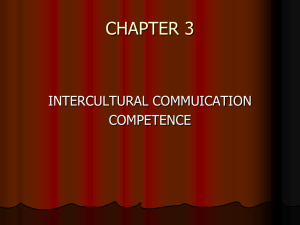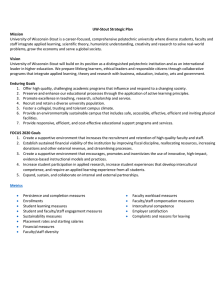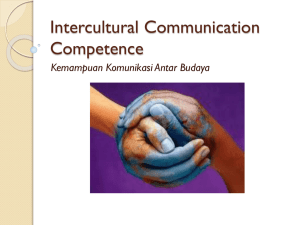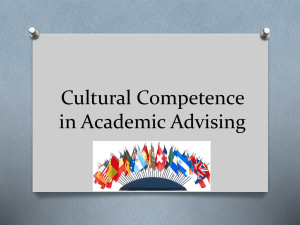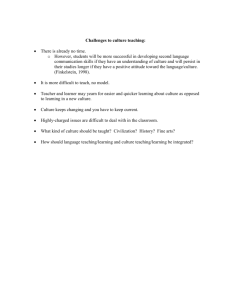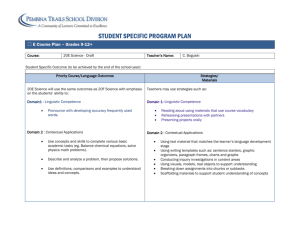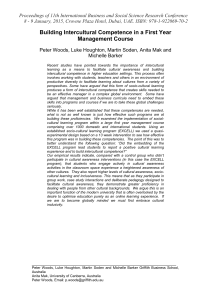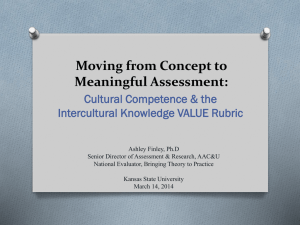Would enhanced intercultural communication competence help you
advertisement
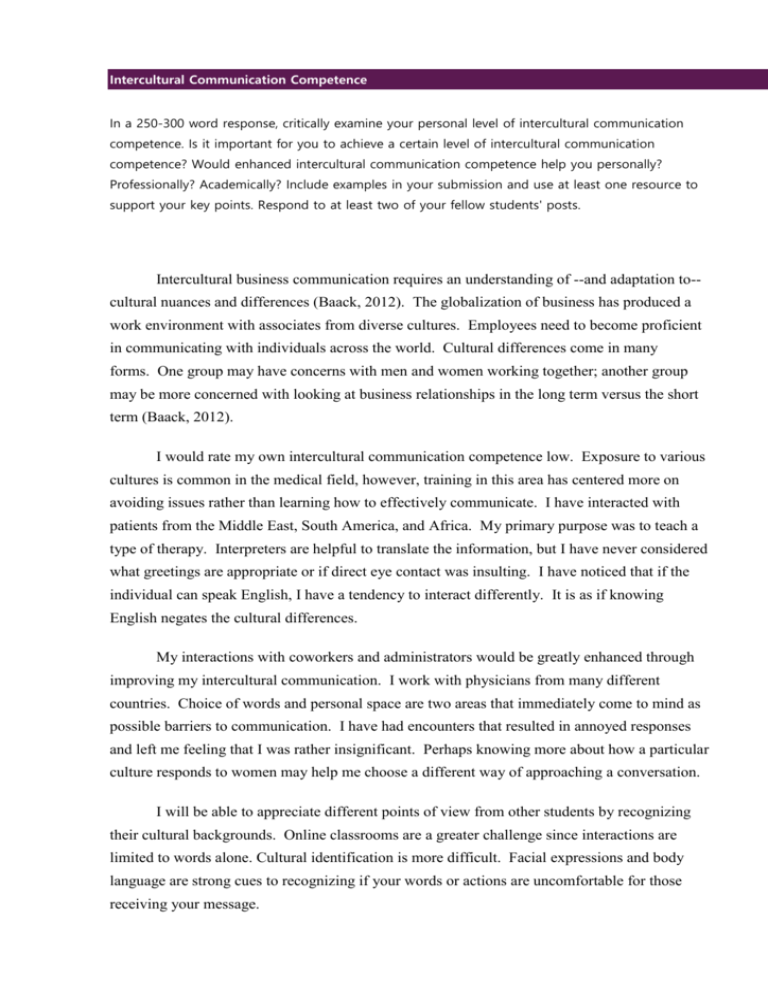
Intercultural Communication Competence In a 250-300 word response, critically examine your personal level of intercultural communication competence. Is it important for you to achieve a certain level of intercultural communication competence? Would enhanced intercultural communication competence help you personally? Professionally? Academically? Include examples in your submission and use at least one resource to support your key points. Respond to at least two of your fellow students' posts. Intercultural business communication requires an understanding of --and adaptation to-cultural nuances and differences (Baack, 2012). The globalization of business has produced a work environment with associates from diverse cultures. Employees need to become proficient in communicating with individuals across the world. Cultural differences come in many forms. One group may have concerns with men and women working together; another group may be more concerned with looking at business relationships in the long term versus the short term (Baack, 2012). I would rate my own intercultural communication competence low. Exposure to various cultures is common in the medical field, however, training in this area has centered more on avoiding issues rather than learning how to effectively communicate. I have interacted with patients from the Middle East, South America, and Africa. My primary purpose was to teach a type of therapy. Interpreters are helpful to translate the information, but I have never considered what greetings are appropriate or if direct eye contact was insulting. I have noticed that if the individual can speak English, I have a tendency to interact differently. It is as if knowing English negates the cultural differences. My interactions with coworkers and administrators would be greatly enhanced through improving my intercultural communication. I work with physicians from many different countries. Choice of words and personal space are two areas that immediately come to mind as possible barriers to communication. I have had encounters that resulted in annoyed responses and left me feeling that I was rather insignificant. Perhaps knowing more about how a particular culture responds to women may help me choose a different way of approaching a conversation. I will be able to appreciate different points of view from other students by recognizing their cultural backgrounds. Online classrooms are a greater challenge since interactions are limited to words alone. Cultural identification is more difficult. Facial expressions and body language are strong cues to recognizing if your words or actions are uncomfortable for those receiving your message. References Baack, D. (2012). Managerial communication. San Diego, CA: Bridgeport Education, Inc.

